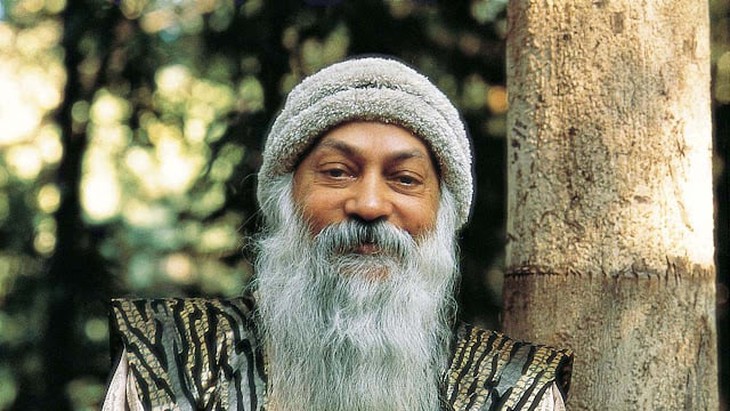
Author Osho
In today’s stressful and anxious world, people seem to feel increasingly disconnected from themselves. We have countless ways to communicate, yet we feel increasingly lonely.
In the midst of this whirlwind, what you need is probably not an answer from the outside world but a return to yourself. When reading The Way to Zen , we see that Zen is the way back, a journey to stillness, where we can touch our deepest self.
The most important element of meditation is determination.
The book devotes chapters to three preparatory steps to forming the foundation for meditation: physical purification, mental purification, and emotional purification.
Detoxification is the release of blocked energies in the body, allowing them to express themselves creatively rather than destructively. To detoxify the body, one must find a way to transform the negative energy in one’s body.
Next, we have to purify our mind. If the thoughts are pure, you will see a great change even in the smallest actions.
Because life is made up of small actions, not big things, if your thoughts are always directed towards truth, goodness, and beauty, life will automatically become positive.
At the same time, to achieve purity of thought, we need to observe the thoughts going on inside us and eliminate all that is useless.
Finally and most fundamentally is emotional purification. To purify emotions, we need to cultivate four aspects: friendliness, compassion , joy, and gratitude. When we have these four aspects, the other qualities will automatically appear and emotions will become pure.
But Osho also says that even without purifying any of the three factors mentioned above, you can still go into meditation, if you have a complete determination. The purification of these three factors is only to help you achieve a higher level of determination. So, the most important factor in meditation is determination.
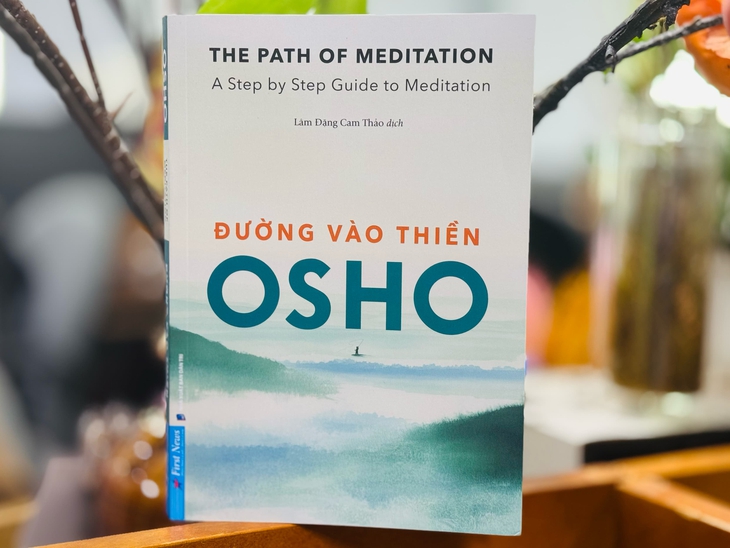
Osho's book The Way to Meditation helps us better understand the foundation, nature, and methods of meditation - Photo: HO LAM
Why should we meditate?
To answer this question, Osho relates the decoding of two types of love. In the first type, love is a relationship and in the second type, love is a state.
According to Osho, only those who love without needing anyone else are truly in love.
"What will one who loves only one particular person do with the rest? He will be full of hatred towards the rest. What will one who meditates only on one particular person do with the rest? He will be completely unconscious of the rest.
The meditation I am talking about is not meditation about anything, rather, it is a state of meditation. Meditation does not mean remembering someone.
"Meditation means giving up everything in your memory and reaching a state where only consciousness remains, only awareness remains" - Osho analyzed.
Not only explaining the different stages on the path to meditation, Osho also offers specific methods and practices for readers to bring meditation into life such as: how to regulate breathing, open the chakras for morning and evening meditations...
Osho made revolutionary contributions in the field of inner transformation through meditation.
The Sunday Times of London described Osho as one of the 1,000 shapers of the 20th century. The Sunday Mid-day of India voted Osho as one of the 10 people, along with Gandhi, Nehru and Buddha, who changed the destiny of India. His books have been translated into more than 60 languages worldwide.
Source: https://tuoitre.vn/duong-vao-thien-cua-osho-giup-dua-thien-vao-cuoc-song-20250317120405301.htm










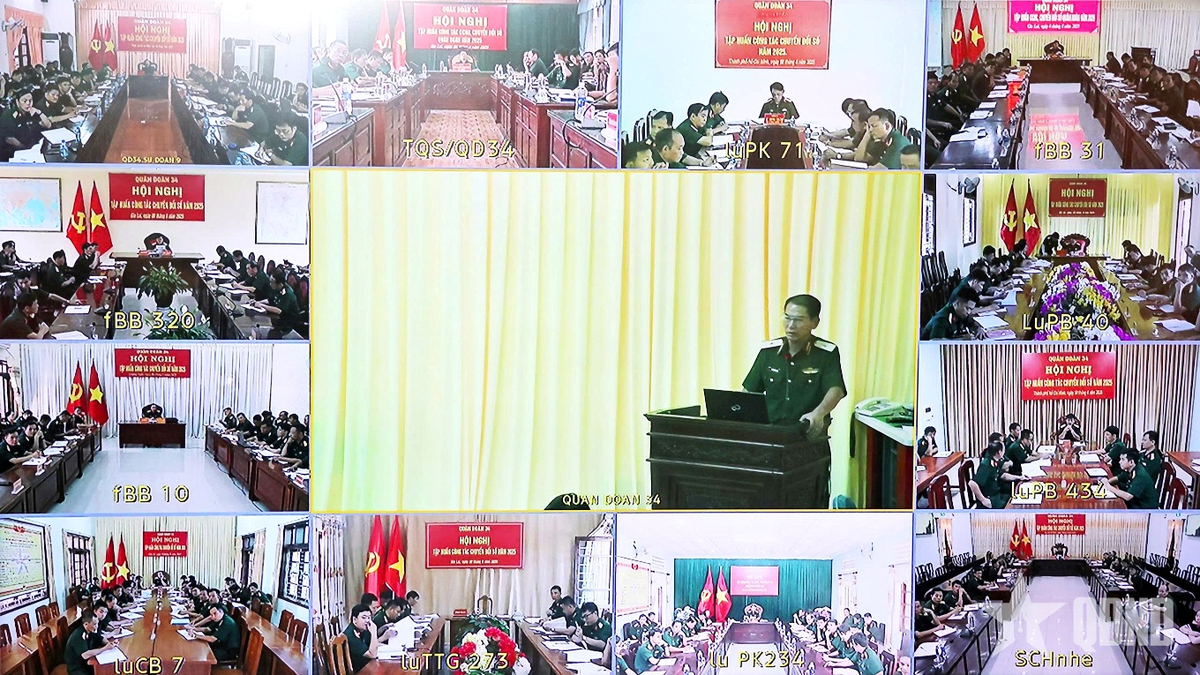
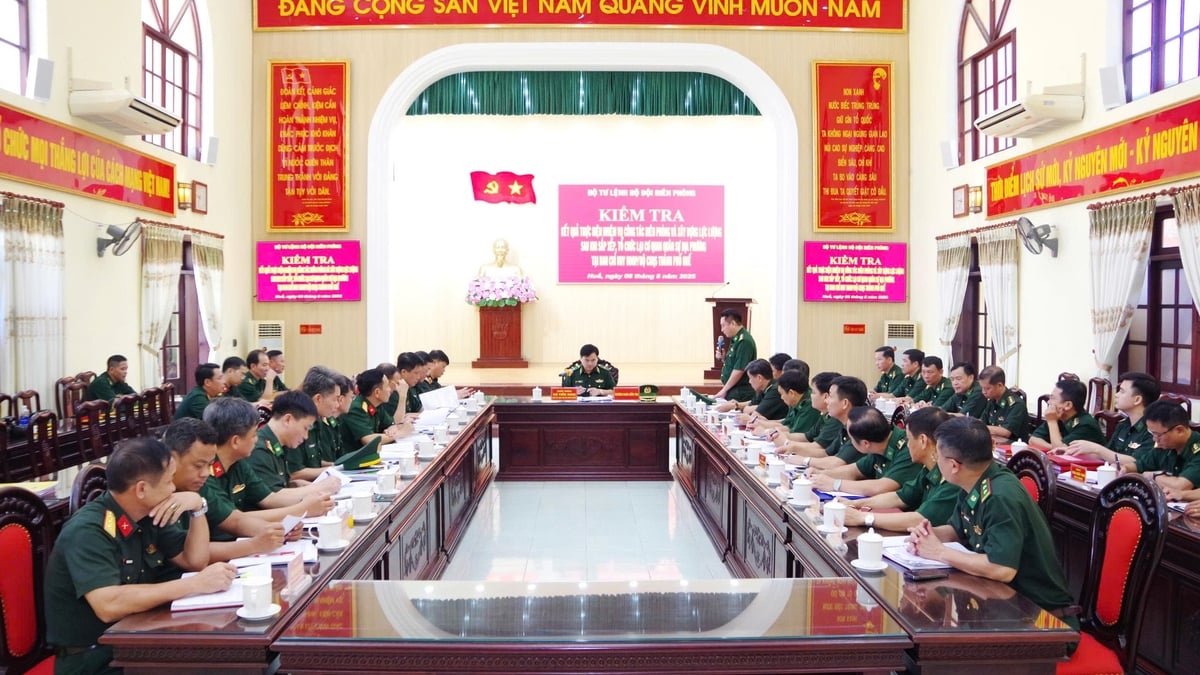











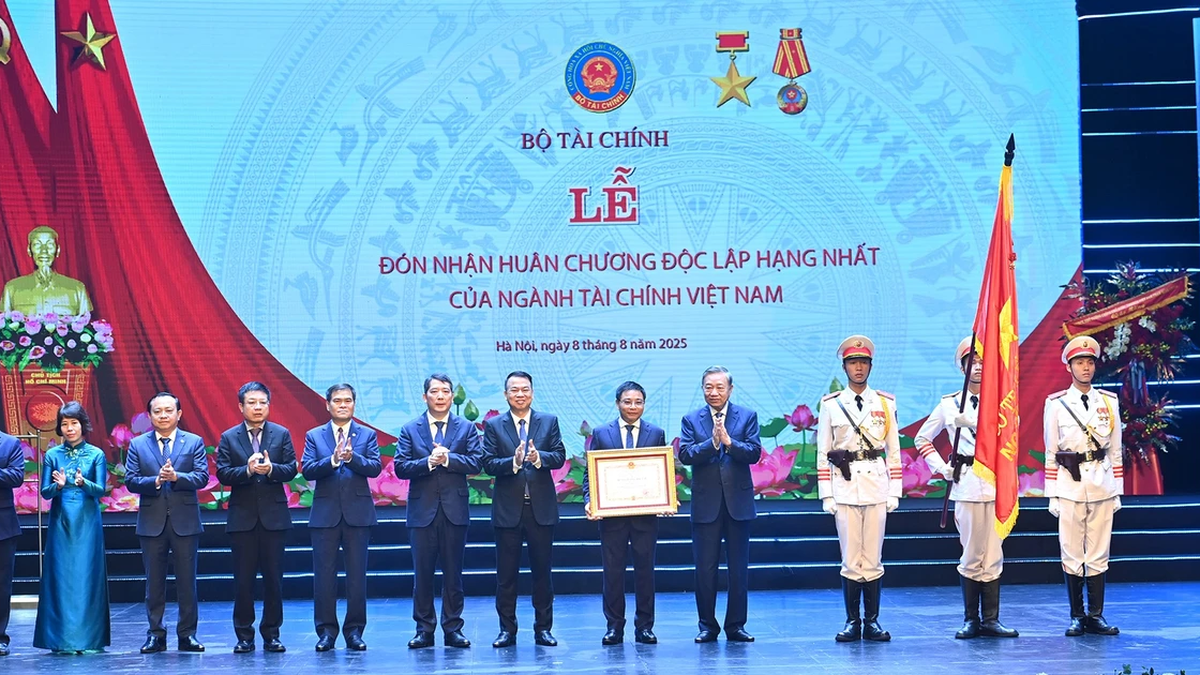

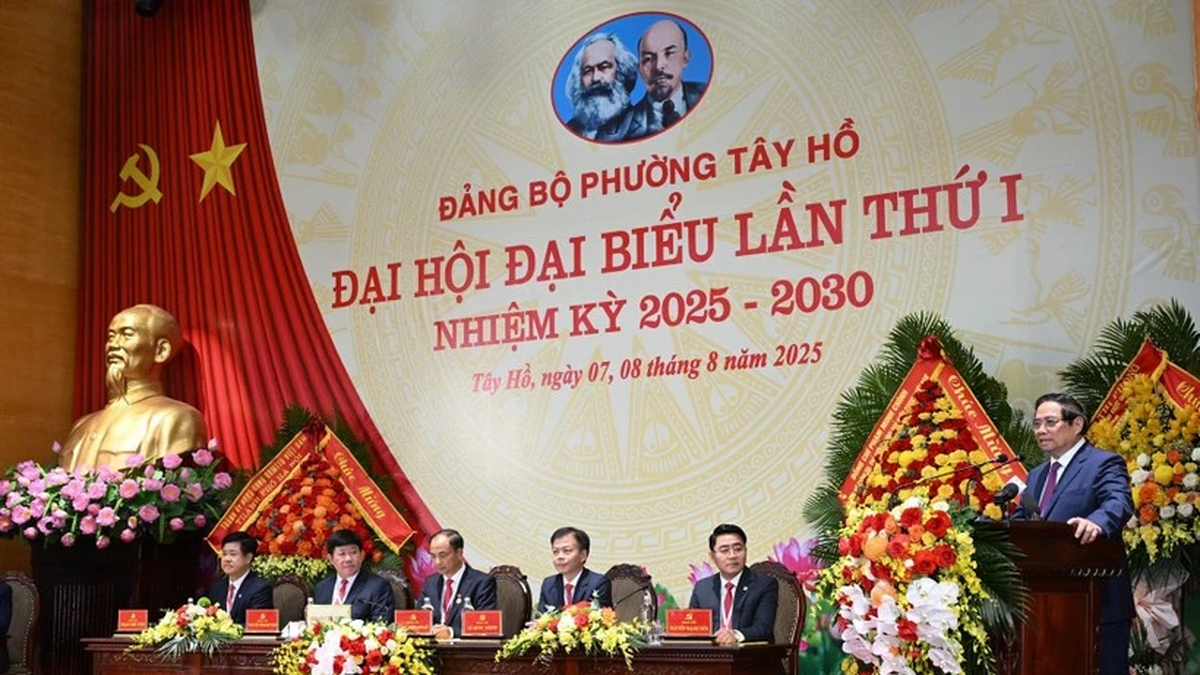










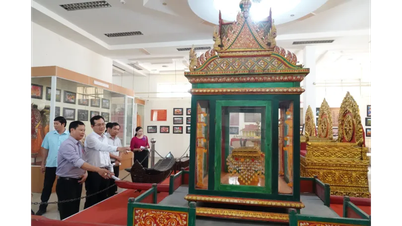






















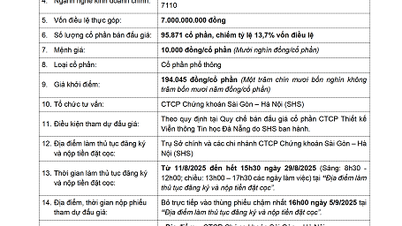









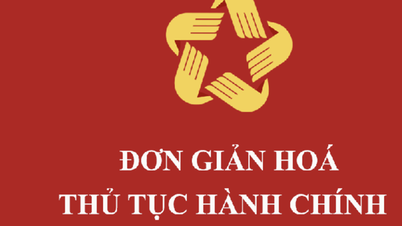


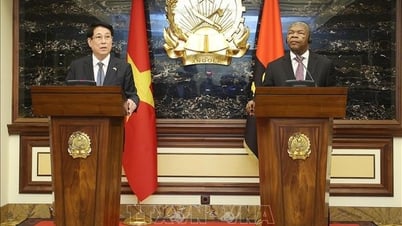


























Comment (0)